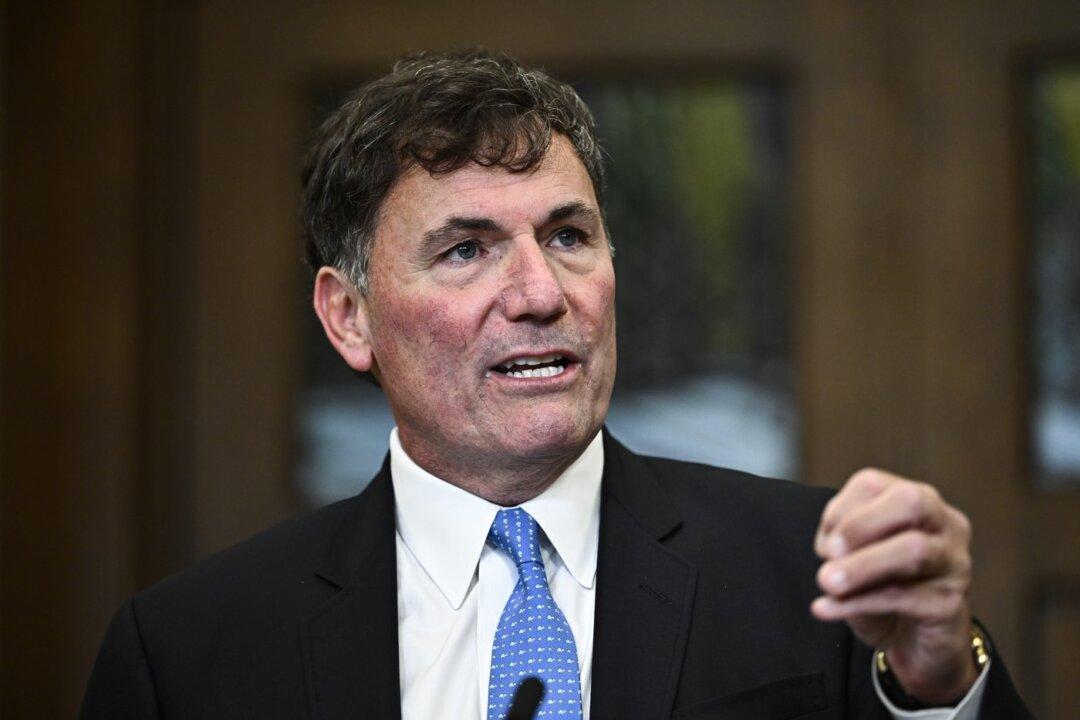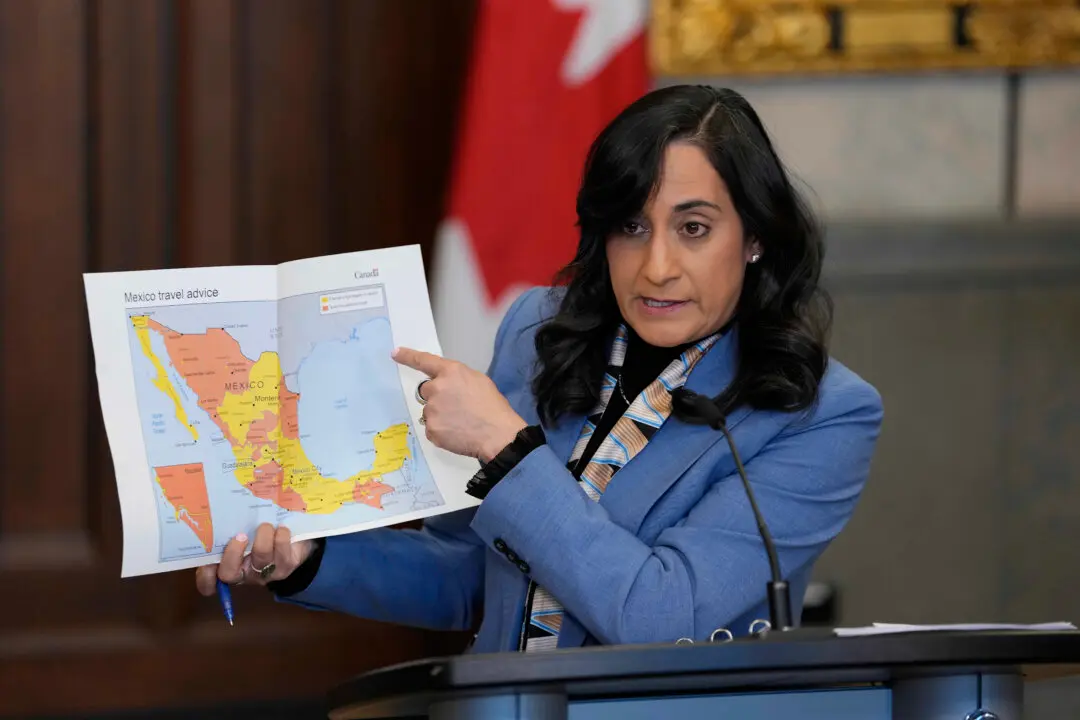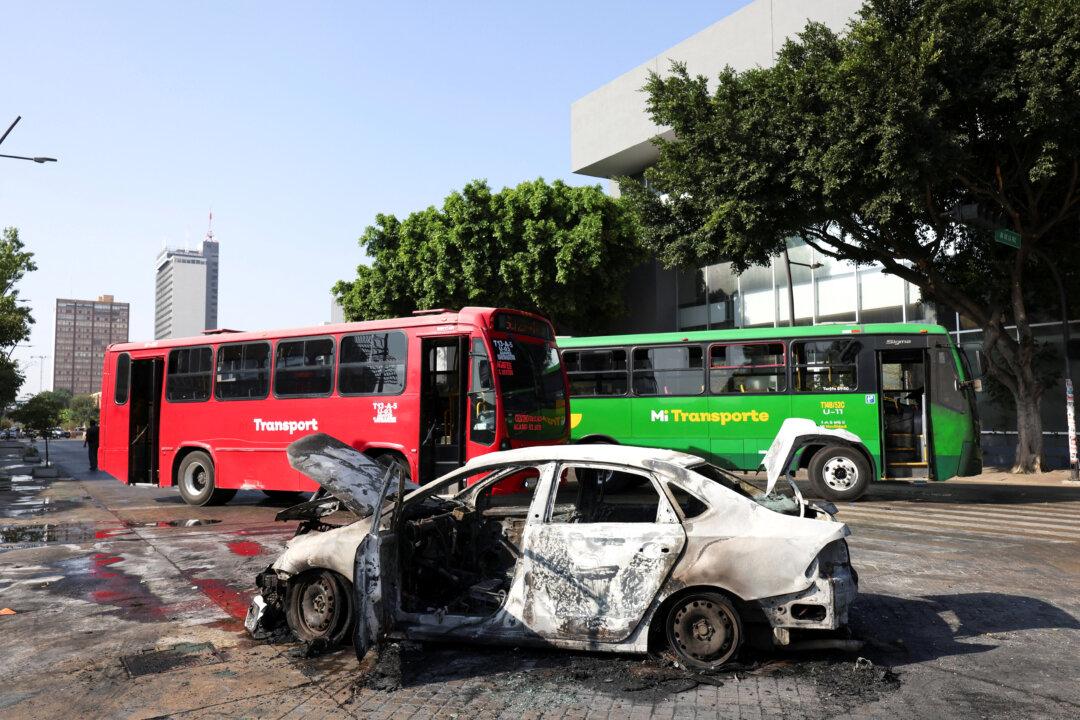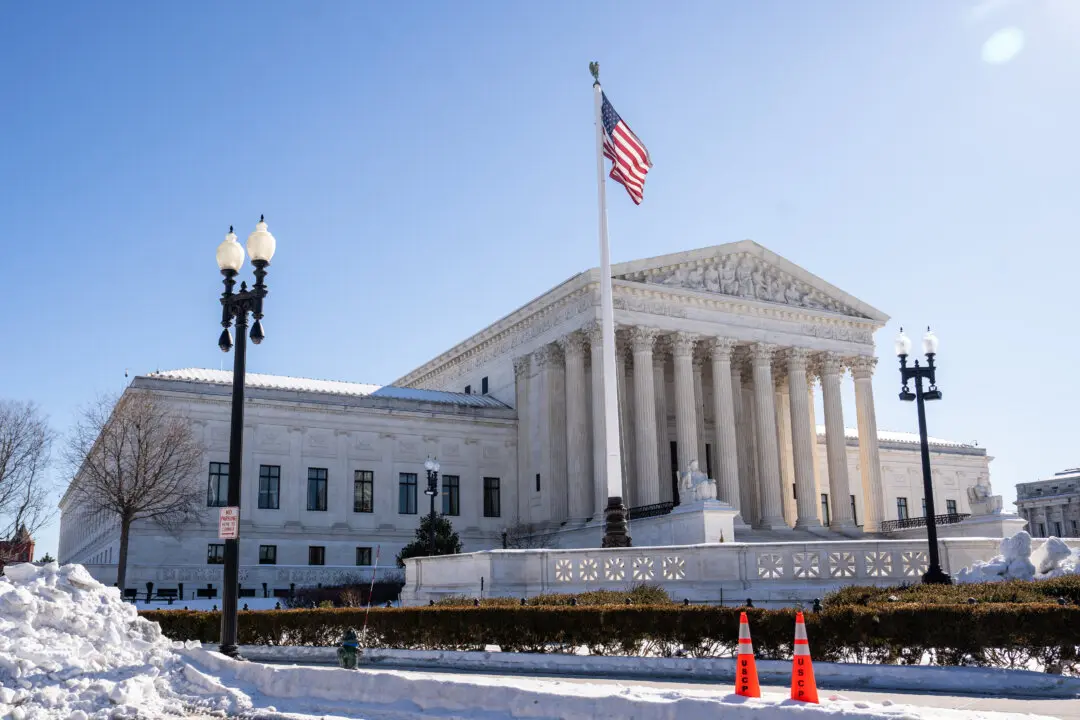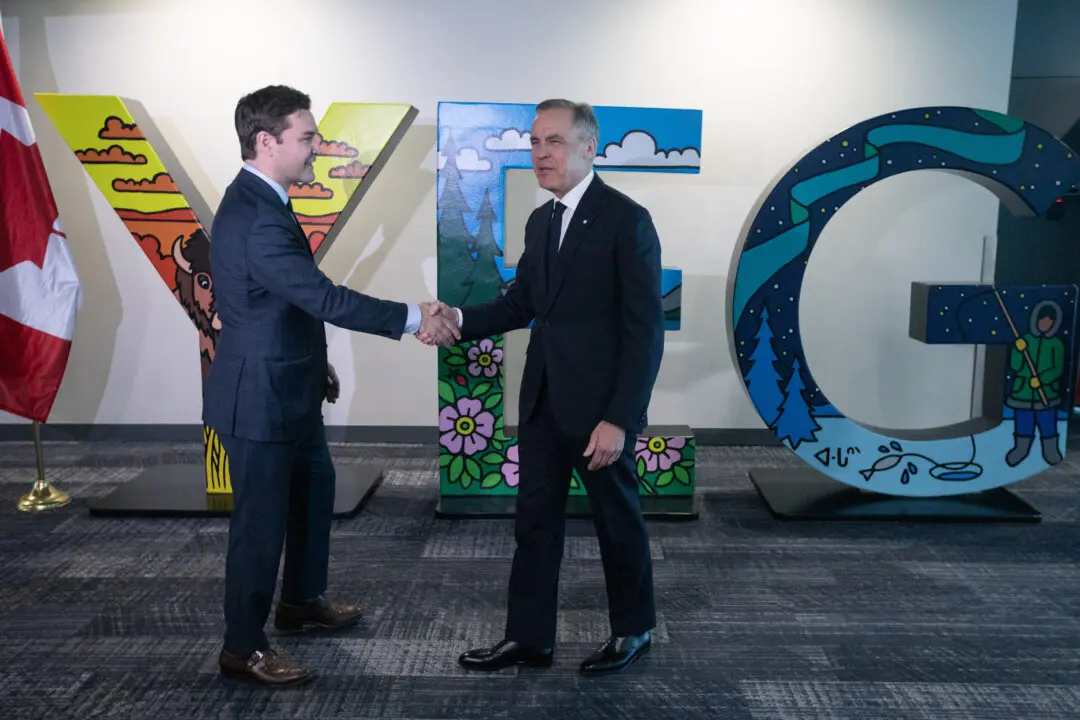Public Safety Minister Dominic LeBlanc says he has seen the names of MPs who allegedly assist foreign states, but cannot release them due to laws preventing the disclosure of classified information.
“I know a number of names that were surfaced in various intelligence products that I had seen,” Mr. LeBlanc told the House of Commons public safety committee on June 6.
